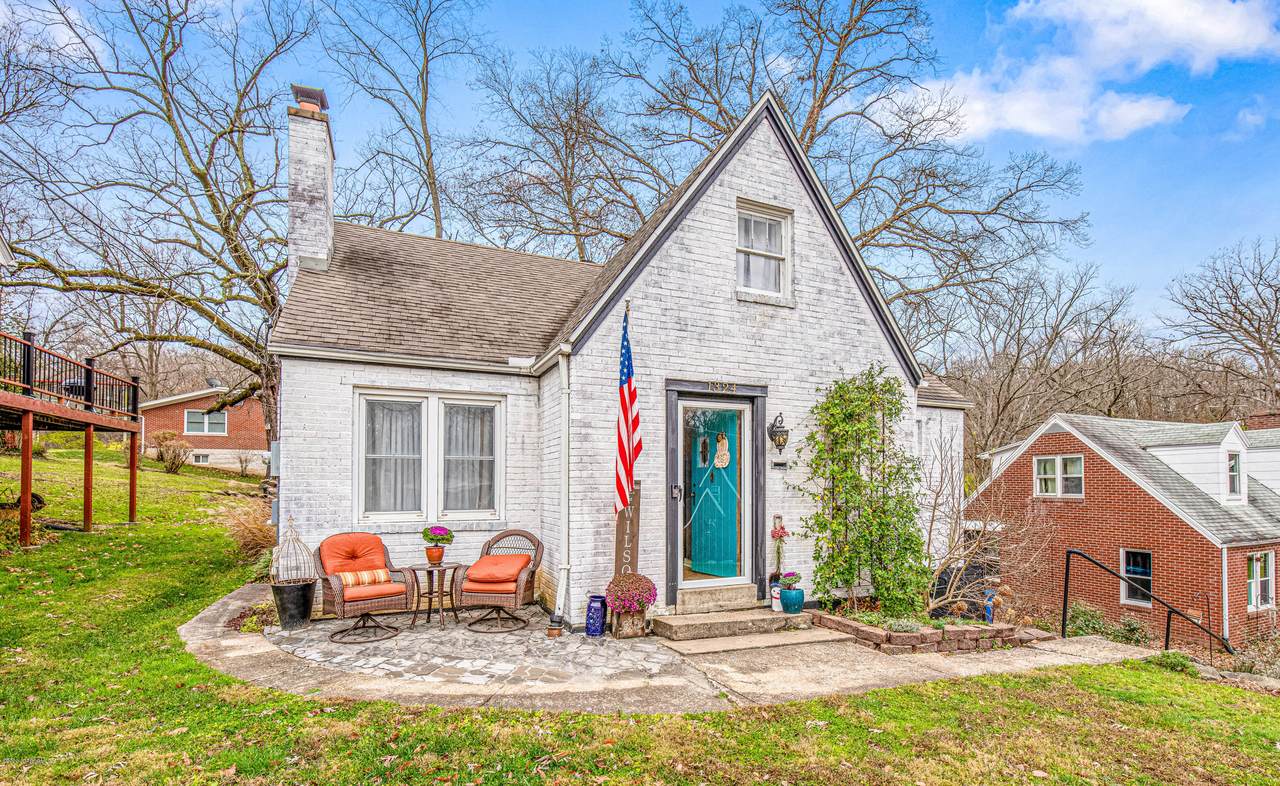Buy a fixer-upper. Do the rehab. Move in and live happily ever after. It sounds like a great idea, but will it work for you?
Our real estate agents understand the challenges of buying fixer-upper homes in Columbia. The process can be emotionally and financially rewarding, but it’s not right for everyone. Here are five things to consider before you buy.
- Make sure it’s the right neighborhood
If your fixer-upper is in a run-down area, it’s probably best to walk away. One possible exception is the home in an “up-and-coming” neighborhood. You’ll be buying into a future of possibilities that might require a decades-long transition. This move requires caution and patience.Research is the best way to figure out what will work for you.• Check out comparable homes – Find the selling price of similar, fully rehabbed homes in the area.
• Meet potential neighbors – Look at their homes. Find out what they can tell you about the area?
• Review local crime statistics – How many and what types of crimes occur on a regular basis?
• Research school quality – Will your children or those of your future home buyer have to attend private schools for a good education? - Figure out your fixer-upper limitations
There are fixer-uppers then there are run-down money pits. You should identify your fixer-upper’s status before you make the deal.It’s essential to hire a professional home inspector to assess a property’s rehab needs and detect structural, foundation, septic tank, and other deal-breaker issues. An inspector can give you a written report and walk you through the home to point out minor and major problems you might not choose to take on. - Identify environmental issues
Fixer-uppers are often the result of home foreclosure or abandonment. You might not have access to the previous resident for a meaningful disclosure of asbestos, lead, mold, or formaldehyde contamination issues.These and other environmental contaminants can cause health and safety problems for you, your contractors, and your family. They can generate legal complications if you fail to identify and resolve them before selling the property. - Know the ultimate cost
A home inspection can identify problems but it won’t tell you how to fix them or how much time and money it will take. You have to figure that out yourself.That requires you that know the processes, materials, and techniques for each task. Unless you’re a contractor, you probably have no idea how to figure out these basics. It’s best to bring in a professional for an accurate estimate. - Know your DIY limitations
If you have time, handyman know-how, and desire to do the work, you can save money by performing some rehab tasks yourself. Spackling, painting, and sanding wooden floors require limited skills. Upgrading your bathroom or kitchen plumbing takes more advanced knowledge than you can pick up via a DIY video.Despite your handyman optimism, you should probably hire a contractor to do roofing, electrical wiring, and other jobs that require years of training and professional certifications.
Let us help
When you need advice from a real estate professional, contact Columbia Real Estate. We’ll guide you through the process of buying or selling your home. We provide information on local events, city guides and real estate.


 Facebook
Facebook
 X
X
 Pinterest
Pinterest
 Copy Link
Copy Link



